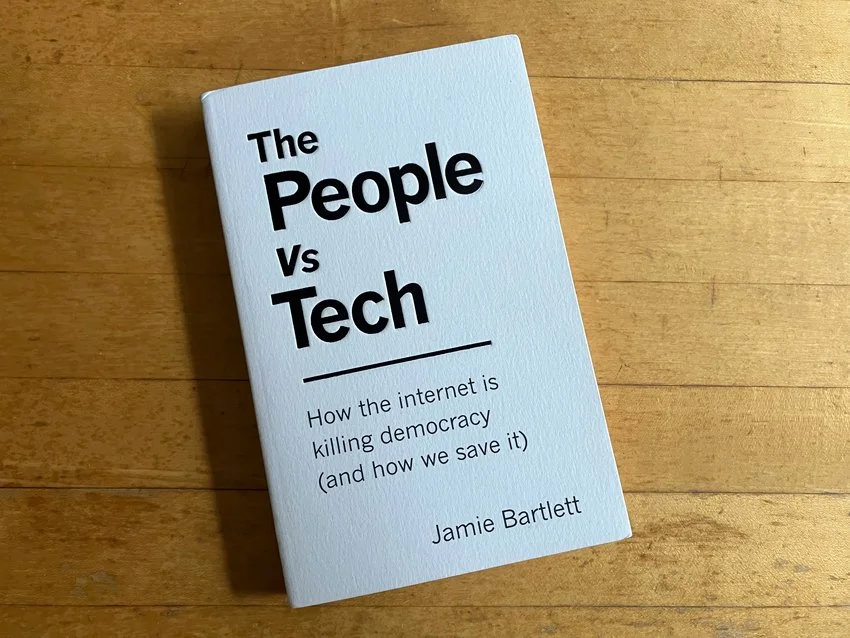The more complex the functions which the state assumes, the more subordinate the bureaucrats on whom the citizen’s fortune depends.
Read MoreIn an excellent article in the New York Times, Christy Wampole, Associate Professor at Princeton University, explains how abstractions in politics can have deadly consequences.
Read MoreThis image says it almost all. A proposed tax on WhatsApp calls and suddenly there is a revolutionary movement.
Read MoreIn 1992 former Czech President Vaclav Havel gave an address to the World Economic Forum in Davos, Switzerland.
Read MoreThe great British economist John Maynard Keynes is reputed to have once quipped to someone, “When my information changes, I alter my conclusions. What do you do, sir?”
Read MoreRoman Emperor Marcus Aurelius, best known today for his personal philosophical writings in his book Meditations, is proof that wisdom and politicians need not be mutually exclusive.
Read MoreJamie Bartlett’s recent book outlines dangers of the digital revolution and offers possible solutions on how we can protect our personal privacy, and democracy itself.
Read MoreAs the political temperature rises across the world, John Bell, Ivan Tyrrell and John Zada explain why they founded The Conciliators Guild, and their hopes for it.
Read MoreSerkan Yolaçan, a research fellow at the Middle East Institute at the University of Singapore, shares his views about the effectiveness of mercantile and religious networks as channels of informal diplomacy..
Read MoreSir John Bagot Glubb, a little-known British soldier with long ties to the Middle East, wrote a manifesto about the rise and fall of empires that should be on everyone’s reading list.
Read MoreAmerican Social Psychologist Jonathan Haidt overturns our assumptions that our political beliefs are the result of logic and informed conscious choice.
Read MoreNorth and South Korea appear to be finding their way to peaceful relations after decades of conflict and strife.
Read More











